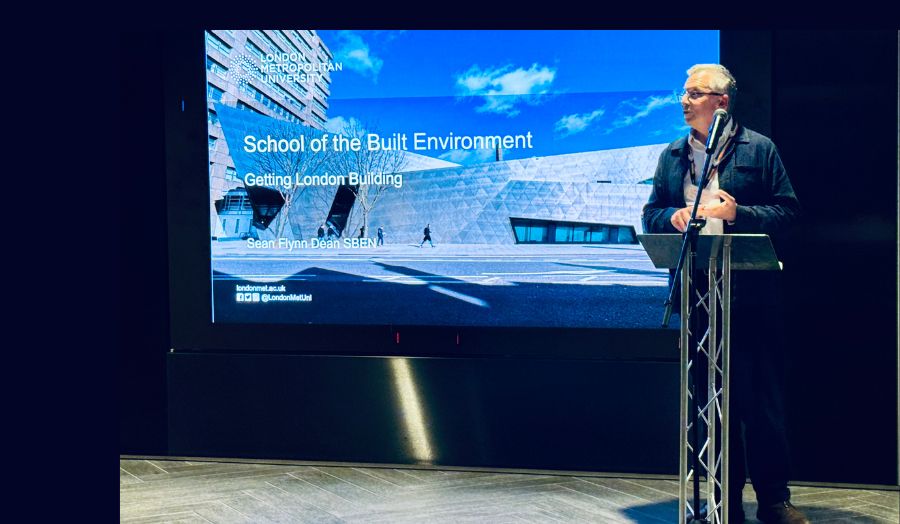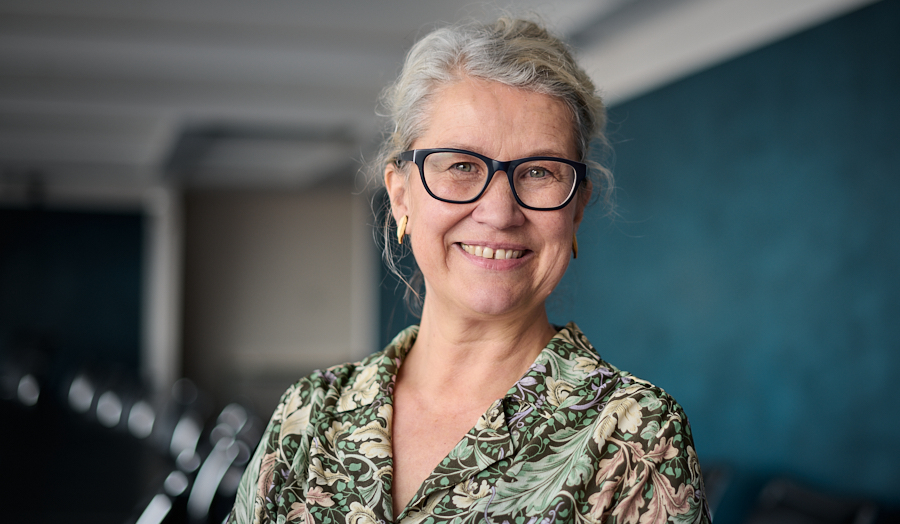Apply for this course
Please select when you would like to start:
This course is subject to validation.
Use the apply button to begin your application.
If you require a Student visa and wish to study a postgraduate course on a part-time basis, please read our how to apply information for international students to ensure you have all the details you need about the application process.
Why study this course?
Our Building Surveying MSc course is designed to provide you with the expertise, knowledge and skills required to embark on a career within the built environment, as a Building Surveyor or one of the many related professions.
Designed as a conversion course, we welcome applicants without an undergraduate degree in property or construction-related fields, and no prior work experience is required. This building surveying master's will allow you to take your first official steps within the building surveying career path.
Building surveyors carry out many important roles within the property and construction industry and their skills are widely respected. This course will give you a sound knowledge of several areas including construction technology, sustainability in the built environment, building adaption and refurbishment and construction contracts and contract administration.
You'll develop a comprehensive understanding of the duties and skills required of a building surveyor and will be well placed to join this diverse and fulfilling body of surveying professionals, on completion of this course.
Benefit from authentic industry interactions
Experience the challenges and opportunities a career within construction has to offer as you visit live construction projects and engage in industry-inspired assignments
Stand out in the job market
Our curriculum is designed to include strategically embedded career development skills to set you apart from the competition
Learn from industry professionals
You'll have the chance to engage with real industry professionals, from practising surveyors and commercial managers to project managers, as well as receiving expert advice from your course academics and practitioners
Course details
In addition to the university's standard entry requirements, you'll be required to have:
A minimum of lower second-class honours degree (2:2) in any subject
Accreditation of Prior Learning
Any university-level qualifications or relevant experience you gain prior to starting university could count towards your course at London Met. Find out more about applying for Accreditation of Prior Learning (APL).
English language requirements
To study a degree at London Met, you must be able to demonstrate proficiency in the English language. If you require a Student visa (previously Tier 4) you may need to provide the results of a Secure English Language Test (SELT) such as Academic IELTS. This course requires you to meet our standard requirements.
If you need (or wish) to improve your English before starting your degree, the University offers a Pre-sessional Academic English course to help you build your confidence and reach the level of English you require.
Assessments generally reflect the skills students need in the workplace by using case studies and real-life materials. They are varied to allow students to achieve their best, recognising that not everyone has the same learning style.
Examples of assessment types are: Client reports, presentations (recorded and face to face), solving problems using specialist software, and drawings using Computer Aided Design (CAD).
Students are supported with coursework by the teaching team and there are plenty of opportunities to discuss your work before submission.
If you've already studied your undergraduate degree with us, as a graduate of London Met, you'll be entitled to a 20% discount on any further study with us. You may even extend your time with London Met after completing your Building Surveying MSc by studying towards a relevant PhD.
As a Building Surveying MSc graduate, you’ll have the skills required to work in large multi-disciplinary surveying and design practices, including local, national and international organisations in both public and private sector working within the UK and abroad. Many Building Surveyors become can specialise in the conservation of historic buildings, working for organisations such as the National Trust and Historic England, or as in house conservation experts in surveying firms.
If you've already studied your undergraduate degree with us, as a graduate of London Met, you'll be entitled to a 20% discount on any further study with us.
* exclusions apply
Please note, in addition to the tuition fee there may be additional costs for things like equipment, materials, printing, textbooks, trips or professional body fees.
Additionally, there may be other activities that are not formally part of your course and not required to complete your course, but which you may find helpful (for example, optional field trips). The costs of these are additional to your tuition fee and the fees set out above and will be notified when the activity is being arranged.
How to apply
Use the apply button to begin your application.
If you require a Student visa and wish to study a postgraduate course on a part-time basis, please read our how to apply information for international students to ensure you have all the details you need about the application process.
When to apply
You are advised to apply as early as possible as applications will only be considered if there are places available on the course.
To find out when teaching for this degree will begin, as well as welcome week and any induction activities, view our academic term dates.



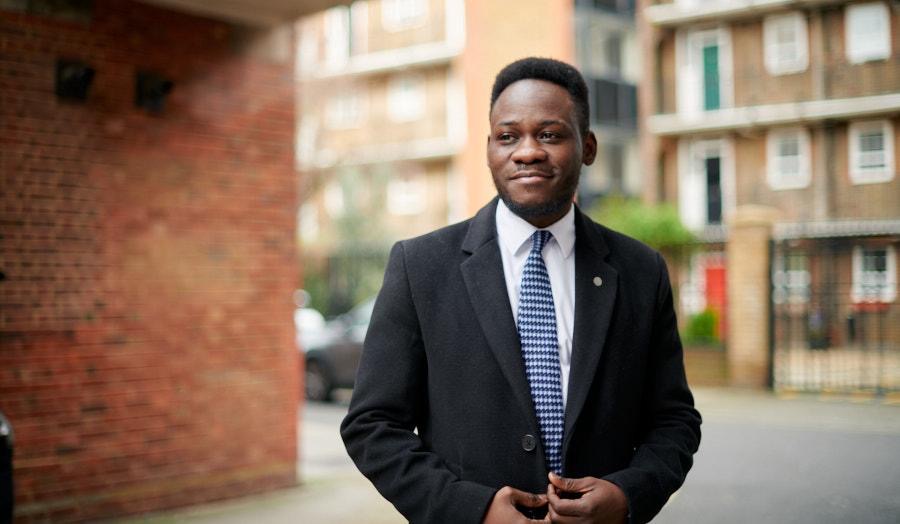


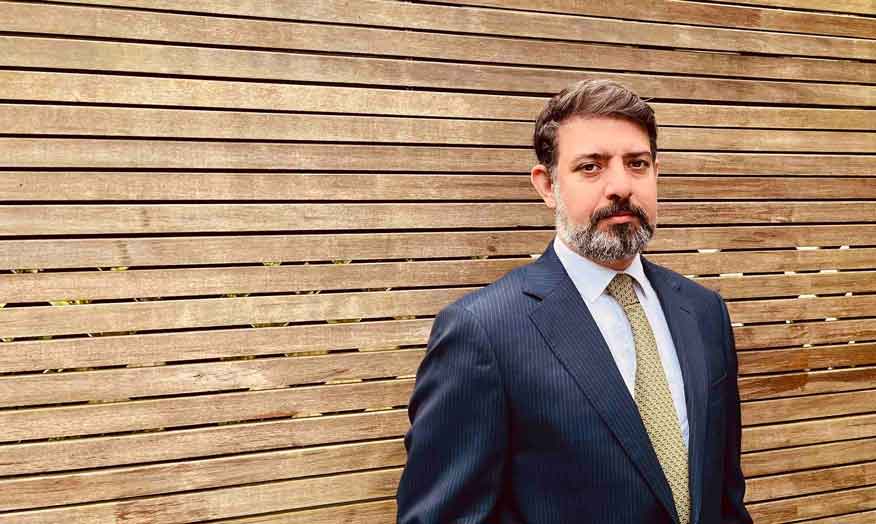

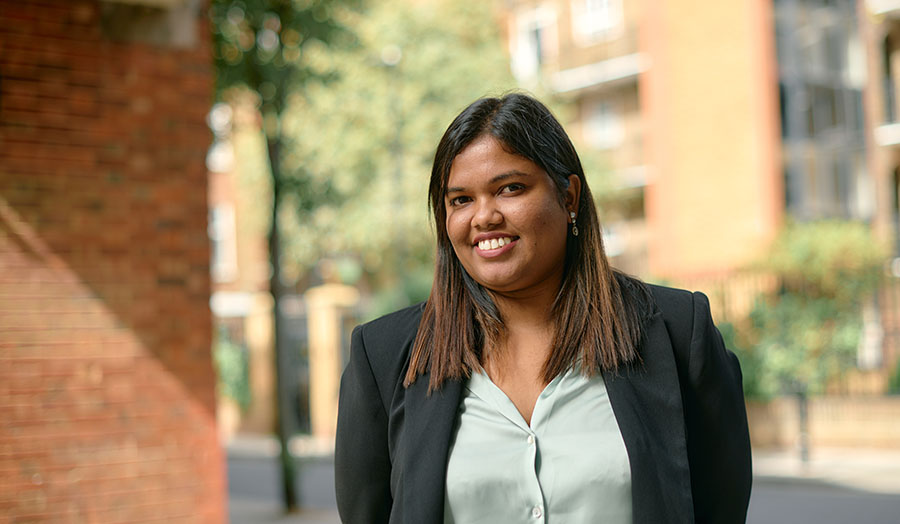
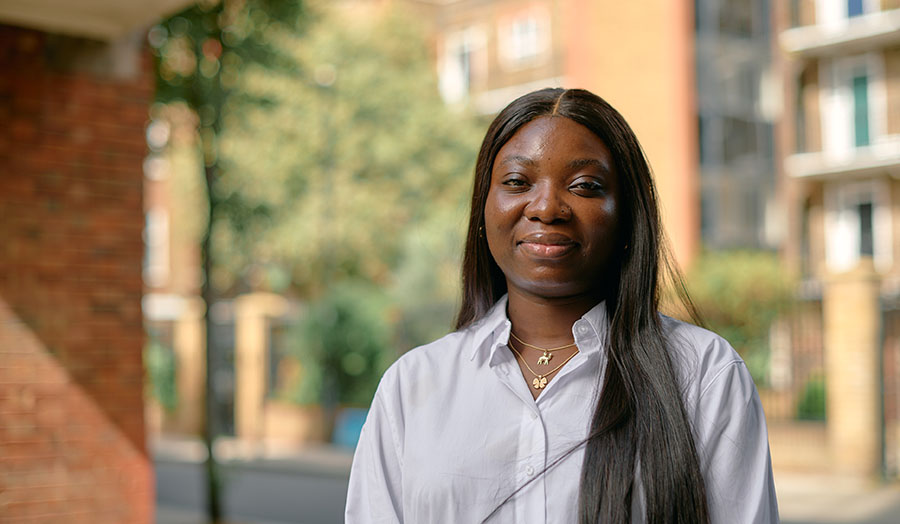
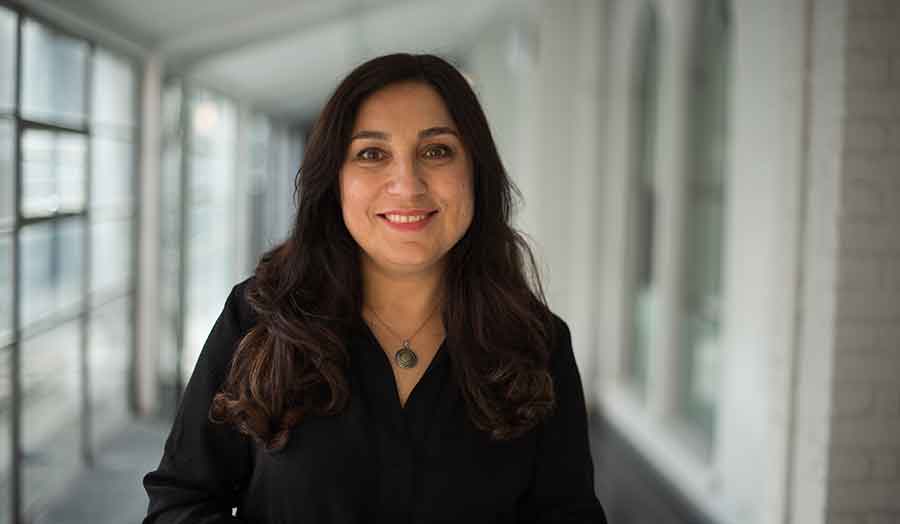





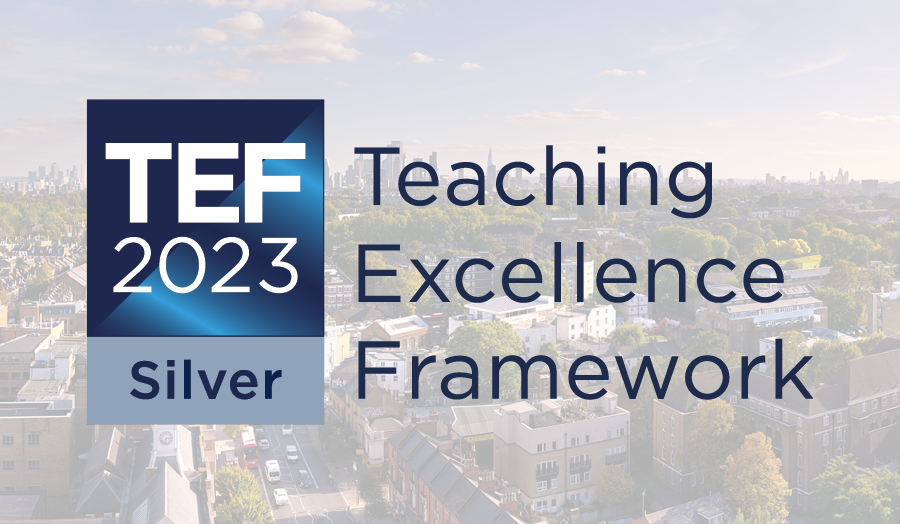
.png)

